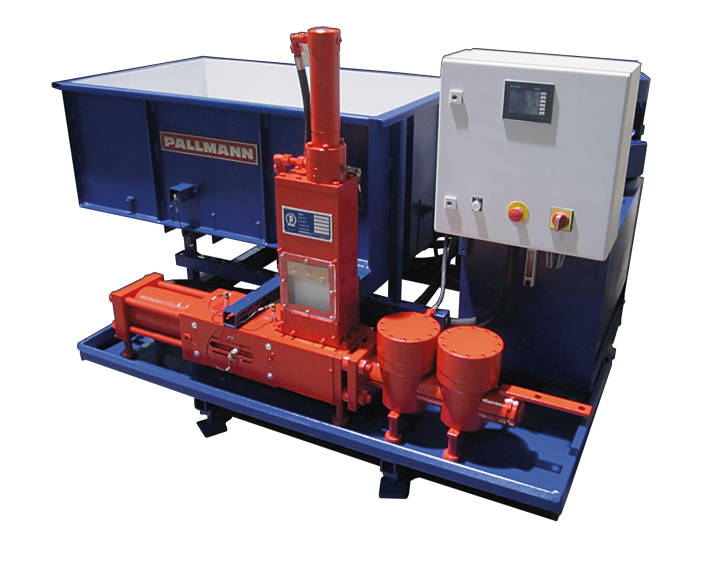 Maag Pump Systems, a Switzerland company now under Maag Group,
Maag Pump Systems, a Switzerland company now under Maag Group,
is unveiling its new therminox-V gear pump as a laboratory solution to optimize ethylene propylene diene Monomer (EPDM) films to a laboratory scale.
According to Maag, in order to develop EPDM films further, solutions for batch operation, small plants and laboratory solutions are available in order to facilitate the testing of new methods and procedures on a small scale. This experience can later be transferred in a targeted manner to mass production. Industrial pumps made from stainless steel with special, wide inlet geometry are ideal for these types of laboratory solution.
For removal from the reactor, Maag uses a heated version of the therminox-V pump size 28/28 (TX-V 28/28) that was recently developed. This gear pump features a special inlet geometry, which helps to facilitate the removal of highly viscous fluids, such as pre-polymers (up to 4 million mPa/s) under vacuum.
The pump is directly flange-mounted on the suction side flange on the reactor in order to keep the Net Positive Suction Head (NPSH) as small as possible. The pump housing is the only thing that reveals that the pump is suitable for tough and corrosive applications, Maag says.
The company adds that when developing this test system for EPDM manufacturing, not only did process temperatures of 150°C need to be taken into account for this special design, but so too did a viscosity of up to 1.7 million mPa/s at an NPSH of 5.5 mbar, an inlet pressure of 5.2 bar and an outlet pressure of 10.2 bar. For this reason, it used shafts made from 1.4112 stainless steel and bronze-aluminum bearings for this customer-specific application. The shafts and bearings can withstand the process parameters of pressure and temperature. The design and components ensure a durable gear pump with emergency running properties.
Gland packing is used as the seal for the sake of simple maintenance. In order for the process to be run with the exclusion of an atmosphere, and to prevent reaction of the EPDM medium with air, the seal was made up of a locking, spring-loaded and adjustable packing.
According to Maag, another advantage of the use of an adjustable seal is the prevention of “bearing pick-up” at high pressure, caused by inadequate lubrication. This pump series has been developed especially for highly viscous media and prepolymers with a low inlet pressure for use in laboratories and small plants.
Source : www.adsalecprj.com




